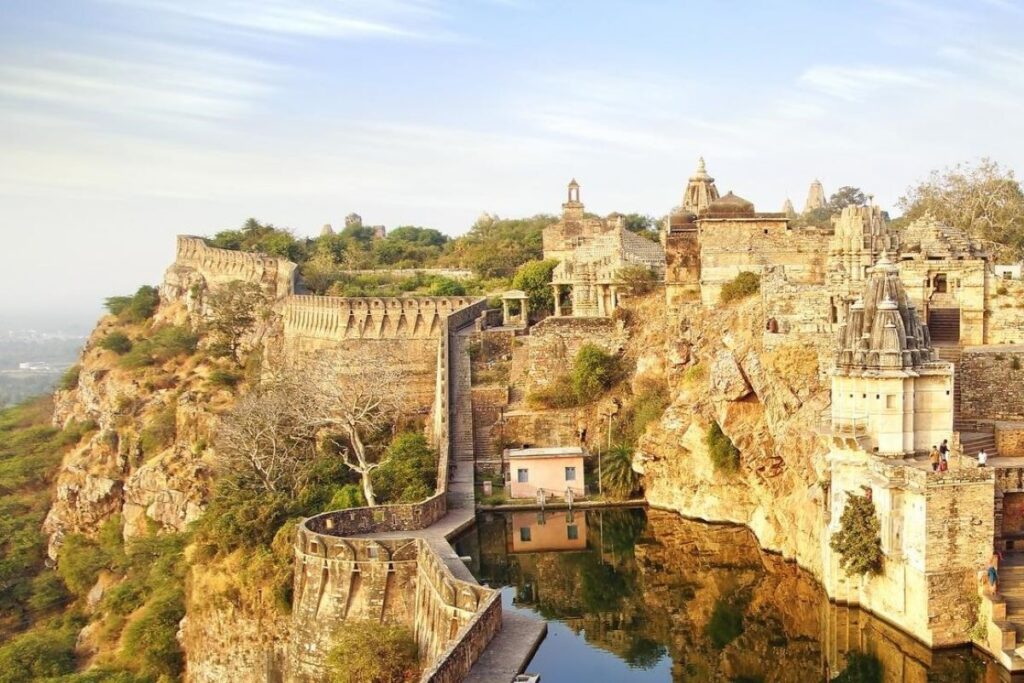Skift Take
Bulbul Dhawan
India is a fast-growing source of international travel, according to a report by consulting firm McKinsey & Company.
The report reiterated McKinsey's earlier prediction that India would become the fourth-largest domestic travel market by spending by 2030. India is currently the sixth-largest domestic travel market.
“They are rapidly expanding the pool of first-time tourists,” the report said.
Outbound travel spending by Indian tourists has reached a new peak: According to data from the Central Bank of India, Indians are set to spend $31.7 billion abroad in 2023-24, of which about 54%, or $17 billion, will be on travel.
In a report released last year, Booking.com and McKinsey predicted that travel spending by Indians will grow from $150 billion in 2019 to $410 billion by 2030.
Countries such as Thailand, Sri Lanka and South Africa have relaxed visa requirements for Indian travellers. The UAE, Saudi Arabia, Mauritius and Turkey also view India as an important source market for tourism and have stepped up their marketing efforts.
Domestic travel boom
Domestic travel accounts for the majority of travel spending in India, and Indian airlines and hotels are making “significant investments” to meet demand, according to the McKinsey report.
IndiGo ordered 500 A320Neo family jets last year, the largest single order in private aviation. Air India ordered a total of 470 aircraft from Airbus and Boeing last year. Domestic airlines such as Akasaka Air and SpiceJet are also expanding their networks within India and abroad.
Meanwhile, hotel companies are expanding their portfolios in India, the report said, adding that development focus is shifting from big cities to smaller ones.
Indian Hotels Company (IHCL) operates over 200 hotels across India with over 90 hotels in development. The company aims to open 25 hotels in FY2024-25. It also announced the decision to revive its Gateway brand to cater to emerging markets in metros and tier-2 and tier-3 cities.
IHG Hotels and Resorts plans to double its number of hotels in India to 100 over the next five years.
According to Hilton India head Zubin Saxena, the company believes 2024 will be its best ever year in India. The company operates 26 hotels in India and aims to double its portfolio over the next three to four years. It is also looking at aggressive expansion in Indian markets where it operates, including emerging tier two and three markets.
Accor has signed a record 11 hotels and opened six properties in India for 2023. The company plans to open nine hotels this year. But CEO Sebastien Bazin believes India is an untapped market. He says India's top five hotel operators own fewer than 1,000 hotels combined.
India's Challenges
The McKinsey report looked at the cities of Mumbai and Delhi to assess the potential risks facing these tourist destinations.
The report noted that while Mumbai has the lowest tourist density relative to its population among the cities studied, tourists “face long queues at attractions and a multitude of guides and vendors competing for their attention.” Road traffic is also a major problem.
Mumbai is at risk of having its infrastructure overburdened by tourism, which could have a negative impact on visitor experience in a city whose local economy is heavily dependent on tourism.
Meanwhile, Delhi is at risk of negative visitor experiences due to threats to its culture and heritage.
Photo credit: Domestic travel continues to make up the majority of travel spending.


